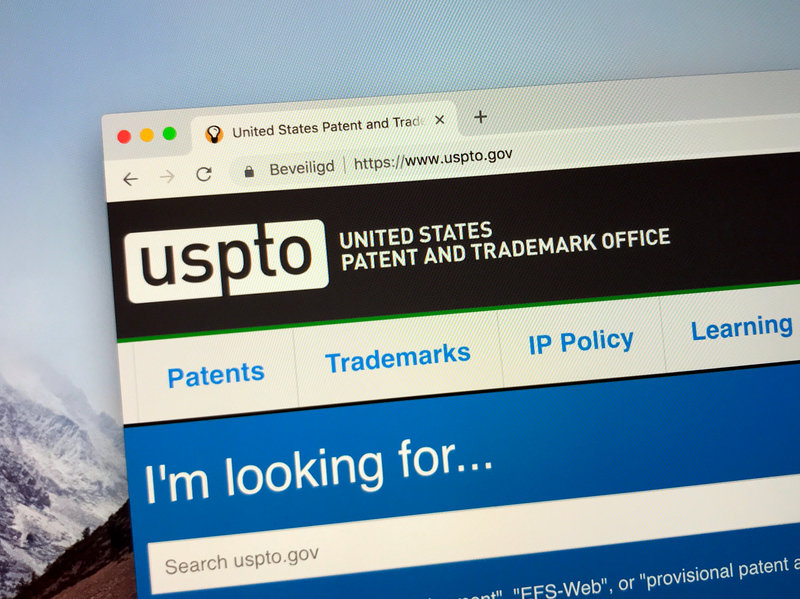What is the Trademark Modernization Act of 2020?
The Trademark Modernization Act (TMA) provides the United States Patent and Trademark Office (USPTO) with new tools to clear out unused registered trademarks from the official federal register and to more efficiently process trademark applications. The Trademark Modernization Act was signed into law in December 2020 and has now taken effect as of December 18, 2021.
What does the Trademark Modernization Act mean for you?
Prior to the TMA, the only way to challenge a registered trademark was for a third party to file a federal lawsuit or a cancellation proceeding with the Trademark Trial and Appeal Board (TTAB); however, due in part to the rise in fraudulent trademark filings and the backlog of registered trademarks that are no longer valid, there was a need for a more streamlined and accessible process to address these registrations. The TMA now gives any person the opportunity to challenge a registered trademark through ex parte expungement and reexamination proceedings. These proceedings are intended to be a more efficient and cost-effective replacement of the previously established inter partes cancellation proceedings. If you own a trademark, the TMA gives you additional options for fighting off infringers.
How do you cancel a trademark under the TMA?
With the new expungement proceedings, any party can request cancellation of some or all of the goods and services listed in a trademark registration on the grounds that the registrant never used the trademark in connection with such goods and services. An expungement proceeding may be filed within the period between 3 and 10 years after the registration date, but first the first three years of the TMA coming into effect, older registrations will also be subject to these proceedings.
Within the first 5 years after a trademark’s registration date, the new reexamination proceedings allow any party to request cancellation of some or all of the goods and services listed in a trademark registration on the grounds that the registrant had not used the trademark in connection with such goods and services as of the date an allegation of use was filed in the application. Effectively, this process allows the USPTO to reexamine any allegations of use that were filed either with the initial application (if filed under an in-use basis) or in a Statement of Use (where the original application was under an intent-to-use basis).
To initiate these proceedings, you must file a Petition for Expungement or Reexamination. For the petition in either an expungement or reexamination proceeding, your petition must include:
- a verified statement that a reasonable investigation was conducted with regard to whether the trademark was used in commerce in connection with the subject goods or services;
- supporting evidence showing the non-use; and
- USPTO filing fees in the amount of $400 per challenged class of goods or services.
How are Letters of Protest different under the TMA of 2020?
Letters of Protest have been an informal method for challenging a pending trademark application whereby a third party provides the trademark examiner evidence to consider in examination pertaining to the mark’s registrability. For example, Letter of Protest may provide evidence of issues including that the mark of the pending application:
- Is likely to be confused with a prior pending application or registration;
- Is merely descriptive or generic in the context of the claimed goods or services;
- Suggests a false connection with another party;
- Is incapable of functioning as a trademark due to its widespread
Although Letters of Protest have been longstanding practice, the TMA formally provides statutory authority for the practice, establishing a two-month deadline for the USPTO to review and act on the submission. Letters of Protest will now serve as an inexpensive and efficient option for parties to challenge pending applications, as a Letter of Protest may be submitted at any time before or after the application is published for a nominal filing fee of $50, as opposed to an opposition which may only be filed during the 30-day publication period and carries a filing fee of $600 per class.
Who can challenge a trademark under the new TMA?
Under the new TMA, any person may file a petition to request an expungement or reexamination proceeding. In addition, the petition may be filed anonymously. For example, an attorney can file the petition on behalf of a client without identifying the client, but the USPTO Director has the authority to require disclosure of that information in certain cases. Foreign petitioners will be required to obtain U.S. counsel in order to file one of these petitions. In addition, the USPTO Director may initiate these proceedings without a petition having been filed if the Director discovers information that a trademark has never been used in commerce or had not been used as of the relevant date.
If you would like to learn more about protecting your brand and intellectual property, do not hesitate to contact one of our experienced business attorneys. EPGD Business Law is located in beautiful Coral Gables, West Palm Beach and historic Washington D.C. Call us at (786) 837-6787, or contact us through the website to schedule a consultation.






